Plants that Press the Snooze Button on Spring
“Why isn’t my plant showing any signs of life when everything else in my yard is?” you start to wonder. “Is it dead?”

Imagine a beautiful spring day: sun shining, sky as blue as can be, birds singing, and everything in your yard is starting to wake up after the long winter. Well, almost everything. “Why isn’t x showing any signs of life when everything else in my yard is?” you start to wonder. “Is it dead?”
Don’t panic! There are a number of shrubs and perennials that simply don’t leaf out as early as everything else in your yard. Not unlike humans, when the time comes to wake up, they decide to press the snooze button and grab a little bit more sleep (or, more correctly, dormancy). But that doesn’t mean they won’t wake up at all. The list of these springtime sleepyheads include:
Shrubs:
 Buddleia - Butterfly Bush |  Cephalanthus- Buttonbush |
 Hibiscus - Rose of Sharon | 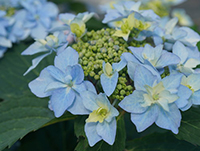 Hydrangea macrophylla - Hydrangea |
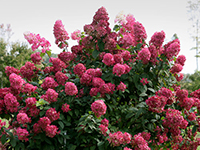 |  Lagerstroemia - Crapemyrtle |
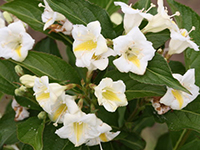 Weigela |
Perennials:
 Baptisia - False Indigo | 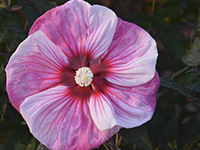 Hibiscus -Rose Mallow |
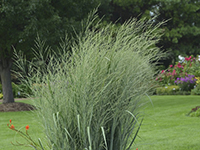 Perennial Grasses | 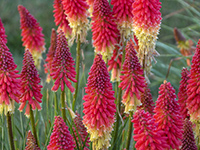 Kniphofia - Red Hot Poker |
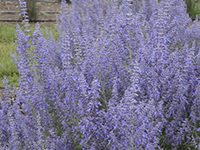 Perovskia - Russian Sage |
Give these plants several additional weeks to start pushing out new growth. Butterfly bush and Russian sage, in particular, they may not show signs of life until early June in cold climates, so they need an extra-long grace period. The false indigo, perennial hibiscus, red hot poker, and ornamental grasses are best cut back in early spring, before the new growth begins. As for the other plants on this list, resist the urge to cut them back too soon. Wait until you see little green buds developing on their stems or coming from the ground to prune them or cut them back at all – those green buds are will tell you exactly where you may need to prune off any winter damage that may have occurred.
Just because these plants take a while to look alive doesn’t mean they’ll spend the summer stunted – given proper care, longer days, and the warming temperature trend of late spring, they’ll quickly catch up to their earlier-sprouting counterparts, growing vigorously and blooming well despite the fact that they slept in late.




